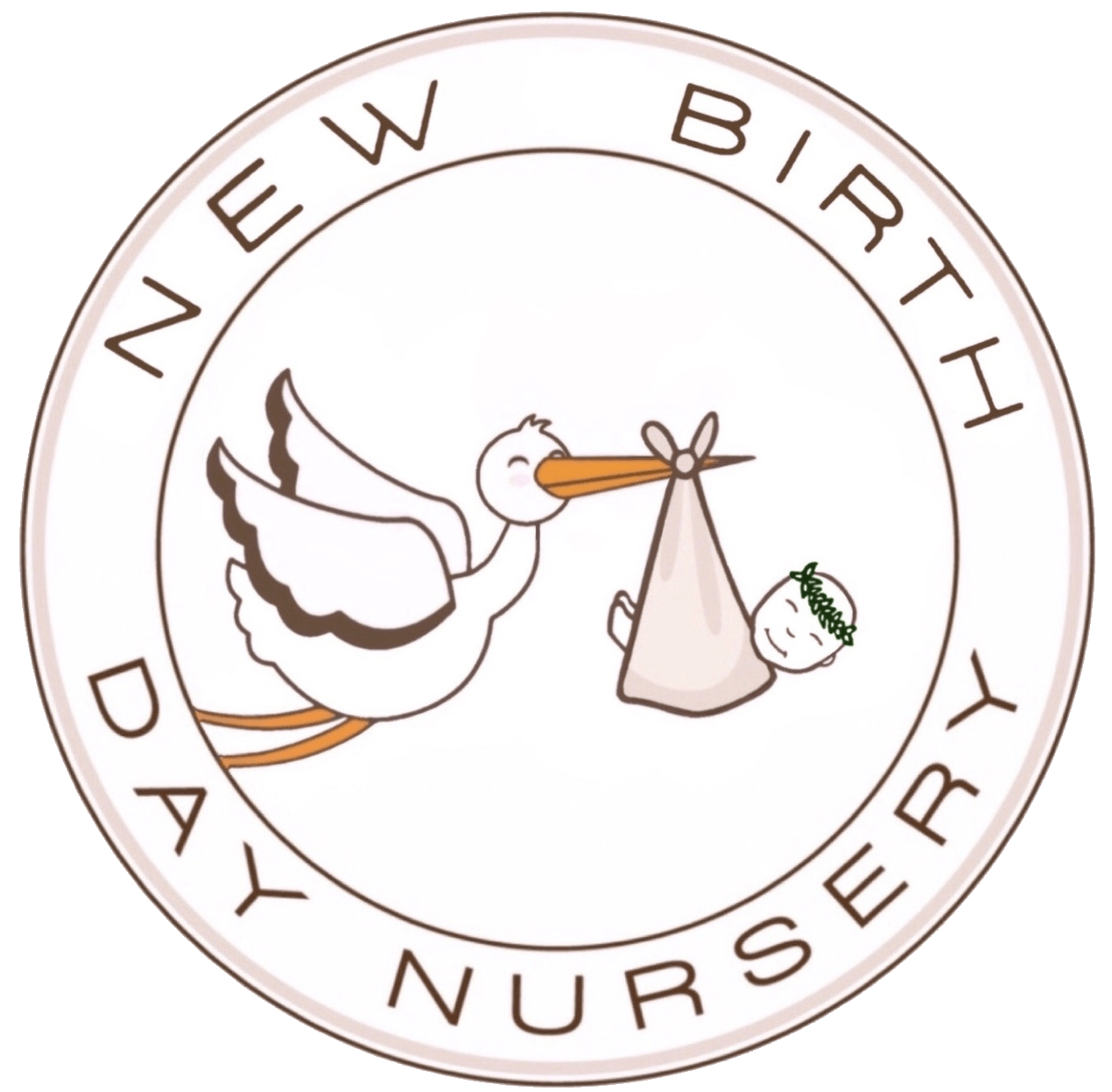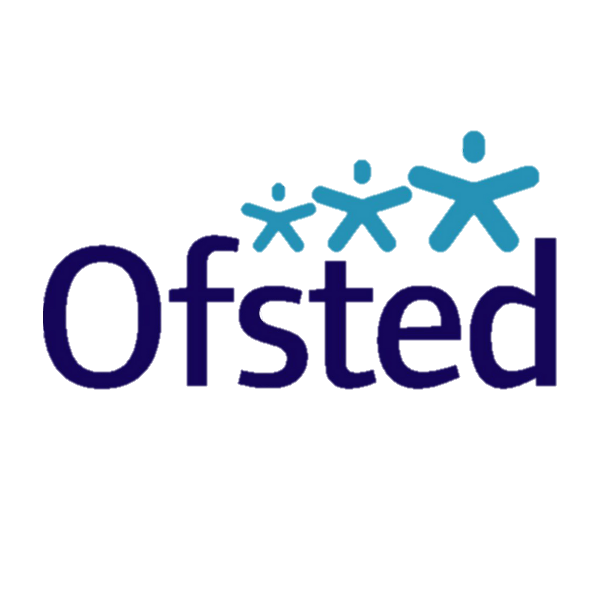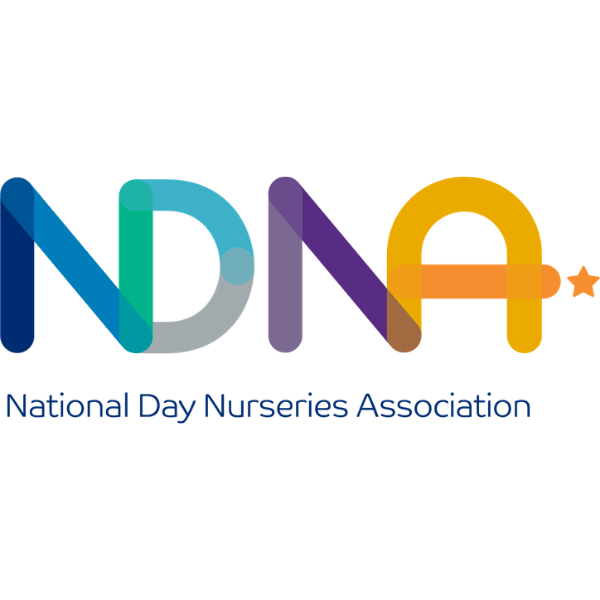Special Education Needs (SEND)
At New Birth, We are committed to working with any child who has a special educational need and/or disability and making reasonable adjustments to enable every child to make full use of the nursery’s facilities. All children have a right to a broad and well-balanced early learning environment.
We will work closely with the child’s parents and any relevant professionals if we identify any areas where a child’s progress is less than expected to establish if any additional action is required. This may include:
• Liaising with any professional agencies
• Reading any reports that have been prepared
• Attending any review meetings with the local authority/professionals
• Observing each child’s development and assessing such observations regularly to monitor progress.
All our nurseries have an appointed SENCO.
For more information about the SEN LOCAL OFFER
please check the website :
Newham Council
- https://families.newham.gov.uk/kb5/newham/directory/localoffer.page?localofferchannel=0
Redbridge Council
- https://find.redbridge.gov.uk/kb5/redbridge/fsd/localoffer.page?localofferchannel=0
Tower Hamlets Council
- https://www.localoffertowerhamlets.co.uk/
Inclusion
At New Birth, we take great care to treat each individual as a person in their own right, with equal rights and responsibilities to any other individual, whether they are an adult or a child. We are committed to providing equality of opportunity and anti-discriminatory practice for all staff, children and families according to their individual needs. Discrimination on the grounds of age, disability, gender reassignment, marriage and civil partnership, pregnancy and maternity, race, religion or belief, sex and sexual orientation has no place within our nursery.
Early learning framework
We follow the Early Years Foundation Stage and ensure that all learning opportunities offered in the nursery encourage children to develop positive attitudes to people who are different from them. Our curriculum encourages children to empathise with others and to begin to develop the skills of critical thinking.
Early Help
Local agencies should work together to put processes in place for the effective assessment of the needs of individual children who may benefit from early help services. Children and families may need support from a wide range of local agencies. Where a child and family would benefit from coordinated support from more than one agency (e.g. education, health, housing, police) there should be an inter-agency assessment. These early help assessments should identify what help the child and family require to prevent needs escalating to a point where intervention would be needed via a statutory assessment under the Children Act 1989.
For an early help assessment to be effective:
• The assessment should be undertaken with the agreement of the child and their parents or carers. It should involve the child and family as well as all the professionals who are working with them;
• A teacher, GP, health visitor, early years’ worker or other professional should be able to discuss concerns they may have about a child and family with a social worker in the local authority. Local authority children’s social care should set out the process for how this will happen; and
• If parents and/or the child do not consent to an early help assessment, then the lead professional should make a judgement as to whether, without help, the needs of the child will escalate. If so, a referral into local authority children’s social care may be necessary.



